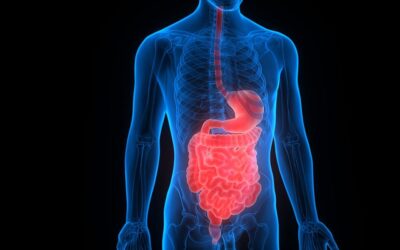Whether you have stayed up late finishing a project, had a cram study session the night before an exam, or just scrolled endlessly on social media, everyone is familiar with sleep deprivation. Sadly, stressors of modern society can make this too routine. We all know how it feels, but what consequences does it pose for the body?
One area that suffers is your immune system. Sleep normally supports the immune system to help repair and reduce inflammation as well as defending against infections, but sleep deprivation disrupts this support. While scientists have known this impact for some time, exactly how sleep loss affects immune function at the cellular level remains unclear.
Recently, however, a collaboration led by Dalong Ren from Anhui Agricultural University may have uncovered a new mechanistic piece of this cellular puzzle by looking more closely at a particular type of immune cell called the neutrophil.
Neutrophils are typically front-line soldiers; they act in innate immune responses and promote wound healing. Upon sleep deprivation, they are known to become dysregulated, showing an impaired ability to fight pathogens and a potential shift toward promoting inflammation rather than alleviating it. Additionally, some studies have shown that, upon sleep deprivation, there is an increase in circulating neutrophils.
The collaboration in China confirmed this increase using sleep-deprived mice as a model. They looked at what genes were upregulated in these neutrophils and found enrichment for genes in metabolic pathways, indicating a shift in neutrophil metabolism, as well as an increase in lactate production (a metabolic byproduct).
Lactate has been a molecule of interest in recent years since the discovery of its involvement in a process called lactylation. This process is a post-translational modification that regulates proteins like histones, in order to alter gene expression. Using western-blot analysis and immunofluorescence, the researchers found that the increase in lactate production in neutrophils led to increased lactylation of histones, and that this effect could be dampened by administering an inhibitor of lactate production.
The researchers also analyzed the top genes modified by lactylation using Cut&Tag analysis. This confirmed lactylation’s role in regulating gene expression related to inflammatory responses and neutrophil-mediated immunity, including through the transcription factor RORα.
Excitingly, they were able to show that some key mechanisms from their mouse model also occurred in zebrafish and pig sleep-deprivation models. This suggests that the metabolic-epigenetic mechanisms may be conserved across species.
Preliminary results with human neutrophils in vitro suggest potential translatability; however, future in-depth analyses will be needed. If there is a strong translation, it could help us to better understand sleep-related inflammatory disorders and lead to potential treatments.
Next time you think it’s a good idea to deprive yourself of precious sleep, just know that your decision has consequences, not only for you, but also for your little protectors inside you.
Featured Image Credit: l ch via Unsplash










